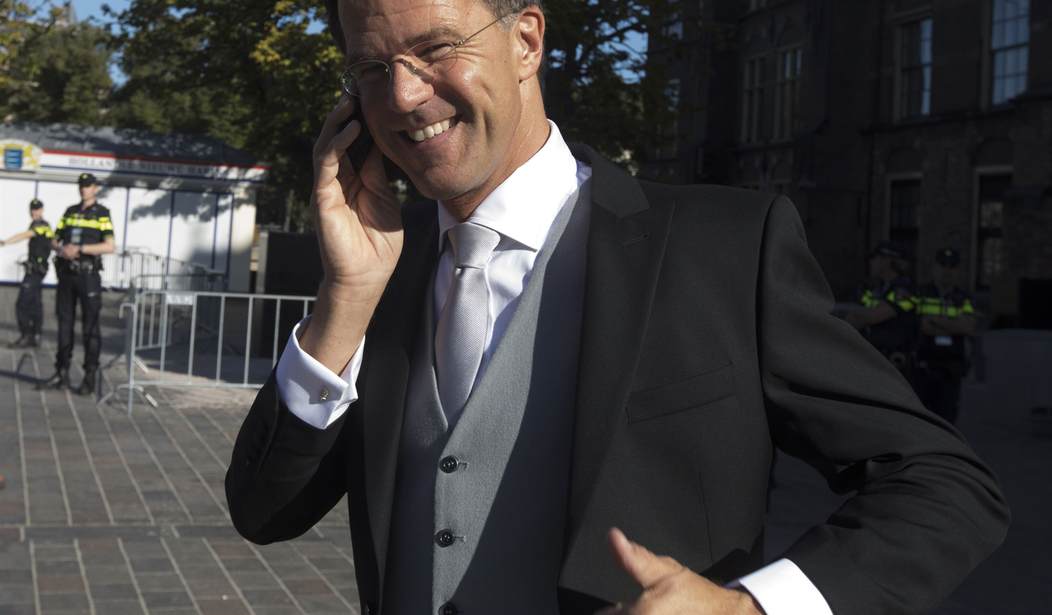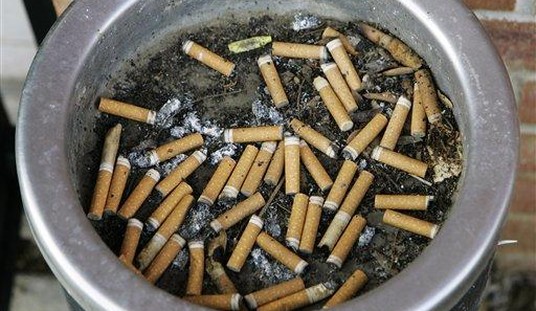The Netherlands government, led for 12 years by Prime Minister Mark Rutte, has collapsed in acrimony over the issue of chain migration.
The crisis came to a head this week when two of Rutte’s coalition partners refused to back a plan to make it harder for refugee families to reunite. Rutte wanted to create a two-tier system for asylum seekers, differentiating between those fleeing persecution and those running from a war. More significantly, Rutte’s plan would have capped the number of family members who could join asylum seekers in the Netherlands at 200.
The coalition was ultimately broken when the smallest party in the government — ChristenUnie — refused to agree to break up families.
“We are the party that can ensure a majority to significantly restrict the flow of asylum seekers,” said Geert Wilders, leader of the anti-immigration Party for Freedom. Wilders supported Rutte’s coalition 13 years ago, but his withdrawal from the coalition has now brought the government down.
It’s not just the right that’s displeased with Rutte’s leadership. The left has been agitating for more action on climate change and issues like housing and chaos in the agricultural industry brought about by draconian policies designed to cut nitrogen from Dutch farms.
In fact, the new party, the Farmer-Citizen Movement, known by its Dutch acronym BBB, is celebrating tonight. It recently scored a shocking victory in provincial elections last March, winning enough seats in the Senate to become the largest bloc in that body. The Farmer-Citizen Movement is riding the crest of a populist wave of opposition to the nitrogen mandates and other issues that farmers feel have been neglected by the government.
But it’s what the government wants to do about chain migration that has fractured Rutte’s coalition.
Asylum applications in the Netherlands jumped by a third last year to over 46,000, and are expected to increase to more than 70,000 this year — topping the previous high from 2015.
To improve the conditions in the country’s asylum facilities, Rutte’s party, supported by the conservative CDA, proposed limiting entrance for children of war refugees who are already in the Netherlands and making families wait at least two years before they can be united.
Elections are likely to be held in November.
“It’s no secret that the coalition parties think very differently about asylum policy and today we unfortunately need to draw the conclusion that the differences are unbridgeable,” Rutte said.
The Spectator reports that the election outcome will be up in the air.
The Netherlands experienced a rise in anti-government feeling during unpopular pandemic lockdowns and has historically low levels of trust in parliament after scandals including childcare benefits and the Groningen gas field. Support for ‘Caroline’s’ party could be seen through the many lime-green BBB flags and upturned Dutch flags hanging around the country.
Right-wing parties such as Geert Wilders’ PVV and new far-right party JA21, plus a potential new left wing coalition of the Dutch Green Left and Labour are flexing their muscles for a general election. The Netherlands could swing right, although it’s not impossible that it goes left. If the BBB, which is now in power in most regional coalitions, achieves a landslide in parliament, this will have huge implications for immigration, the future of farming and environmental policy.
The collapse of Rutte’s coalition has not happened in a vacuum. The rise of BBB is a real force in Dutch politics, and the people appear ready to reject “politics as usual.” How that will affect the election will be interesting to see.










Join the conversation as a VIP Member